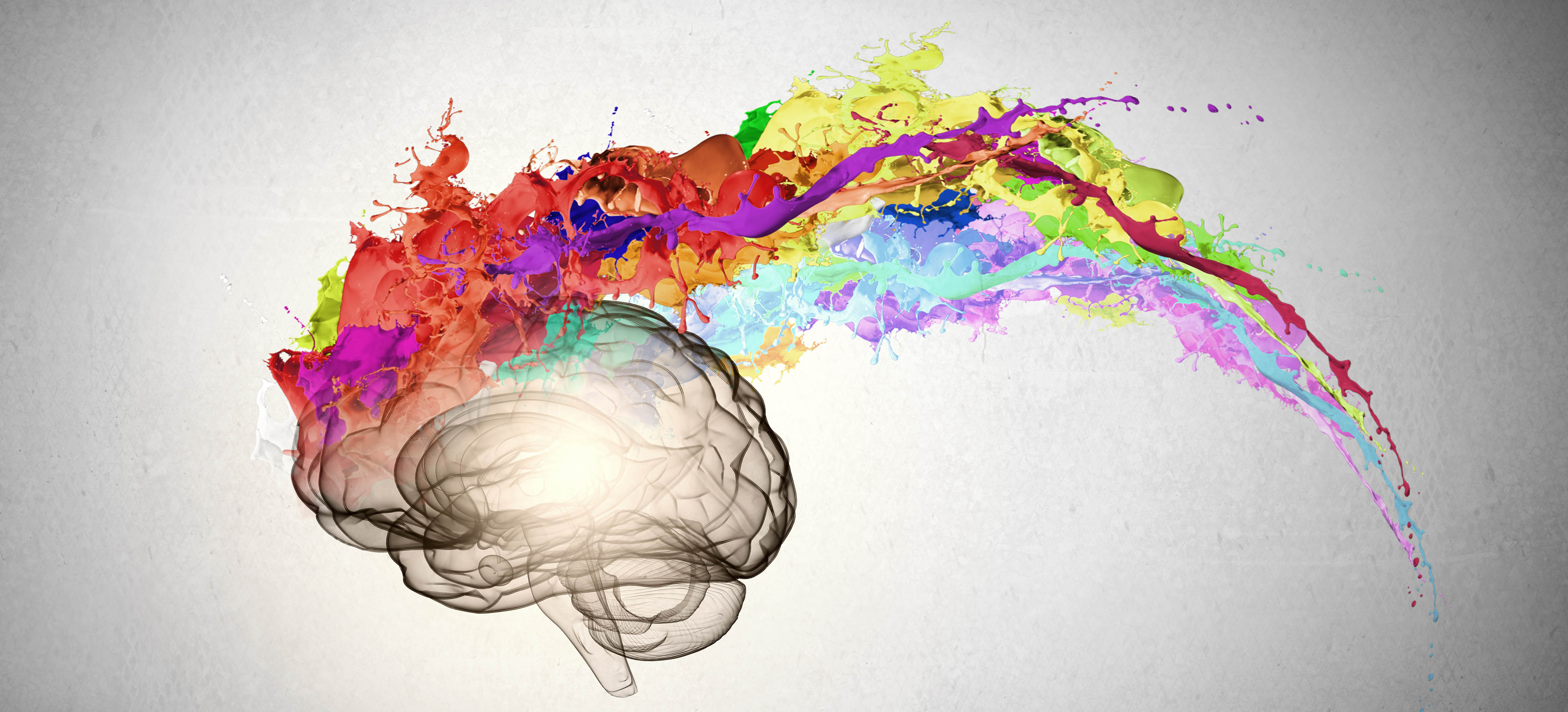Embrace Your Aging Brain
Living Well

Written by: Meg Sharp, MSc., Fitness & Wellbeing Consultant, Cambridge Group of Clubs
I’m fully invested in figuring out how to thrive for the rest of my days. Vigorous daily exercise, including lifting heavy weights with an emphasis on increasing both mobility and balance, are an integral part of my strategy. Of great interest to me is my brain: Having had children relatively late in my life, I want to remain sharp, interesting, relevant. Also, as I gain a little more of my “own” time back as they get older, I’m excited to focus on my work with more vigor. For this, I need to ensure my mind stays sharp and focused.

A recent study exploring imaging and function of women’s brains during and after the menopause transition, offers amazing and hopeful insight into neurological function and plasticity: Specific changes in structure and connectivity and decreases in energy production occur leading up to and in the early years post- menopause. These alterations coincide with the window when common brain symptoms – hot flashes, sleep difficulties, low mood, low libido, low energy, and cognitive issues – are most intense. As the symptoms recede, many women’s brains rebound such that their structure, connectivity, and energy is on par with – albeit altered from – their brains prior to peri-menopausal shifts. Put another way, their brains effectively rebuilt and rewired so their minds are as strong and different. (Incidentally a similar pruning and regrowth happens during pregnancy and post-partum.)
Male brains undergo periods of change and rewiring too. Fatherhood being one. And both men and women face cognitive and mood challenges as part of a dynamic aging process. See below - Important strategies for male and female brains - for a list of powerful things everyone can do to optimize the strength and health of our minds.
Findings from peri- and post-menopausal brain imaging may have important implications:
- If you are struggling with brain symptoms associated with menopause, these challenges are real. They are neuroendocrine in nature and I hope that legitimizes your struggles.
- These symptoms could well be transitional in nature. Because you are struggling with brain fog today it does not necessarily mean you are beginning a decline towards dementia.
- Stress is hard on the brain. Rather than worry about the symptoms, please consult with your doctor about your symptoms and concerns (they may be able to rule out issues that are not menopausal in nature) and be proactive with taking care of your body and brain (more on this below).
- Our brains are clever: As our bodies move away from the ability to reproduce, it makes sense that the brain would also selectively prune and then grow and rebuild to facilitate new strengths, goals, and biases.
- Look at this transitional time as your body and brain signaling you to make your health a high priority.

Benefits of this new brain:
We’re only just beginning to understand structural changes that occur during menopause and their implications. I’m excited to watch and share as we discover more. That said, there are specific cognitive states and strengths that are strongly associated with post-menopause, leaving me to posit that these brain changes in fact support powerful brain benefits. I believe that understanding and acknowledging them will help us take full advantage of these new strengths:
- Globally, post-menopausal women report greater self-confidence and comfort in their own skin.
- Their amygdalas (the emotional centre of the brain) often down-regulate in a very specific way, leading to less anxiety and reactivity. That is, we may become more grounded and centered. We enjoy greater emotional stability. This may make us more powerful mentors and advisors.
- Post-menopausal women are more likely to be empathetic and good listeners. This may allow older women to build more meaningful connections, greater levels of trust, and become more influential leaders and peers.

Important strategies for male and female brains:
- Exercise. Daily movement reduces stress hormones, can alleviate depression, increase creativity and memory, and increase confidence and sense of purpose. Over the long-term, regular physical activity – especially vigorous! – stimulates the brain keeping it strong and vital.
- Sleep. This is the time when our brains restore and rebuild. We consolidate memories and problem solve while we are sleeping. Sufficient sleep (7+ hours per night for most) keeps inflammation and stress hormones down. Not only is this amazing for your brain, it is important for metabolic health as well.
- Reduce alcohol. For one, alcohol reduces quality and quantity of restorative sleep. Also, alcohol may independently impact your brain leaving you with low mood and a foggy brain.
As with navigating the challenges of any transition, the stronger you are going in, the better you fare during and on the other side. Be proactive in building your mental capacity. Be fully present during conversations. Connect with people regularly. In person whenever possible. Challenge your mind with new ideas. Read voraciously. Write about or discuss new ideas – as sharing is one of the best ways to hardwire new knowledge in our brains.
There’s lots of powerful evidence to support that an older brain is a wiser brain. That it can draw from a rich past of knowledge and experience. That we become more adept at seeing patterns and solutions and better able to amalgamate different ideas generating unique solutions and effective compromises.
Yes: Our brains change as we age. This can be a wonderful thing.

2956